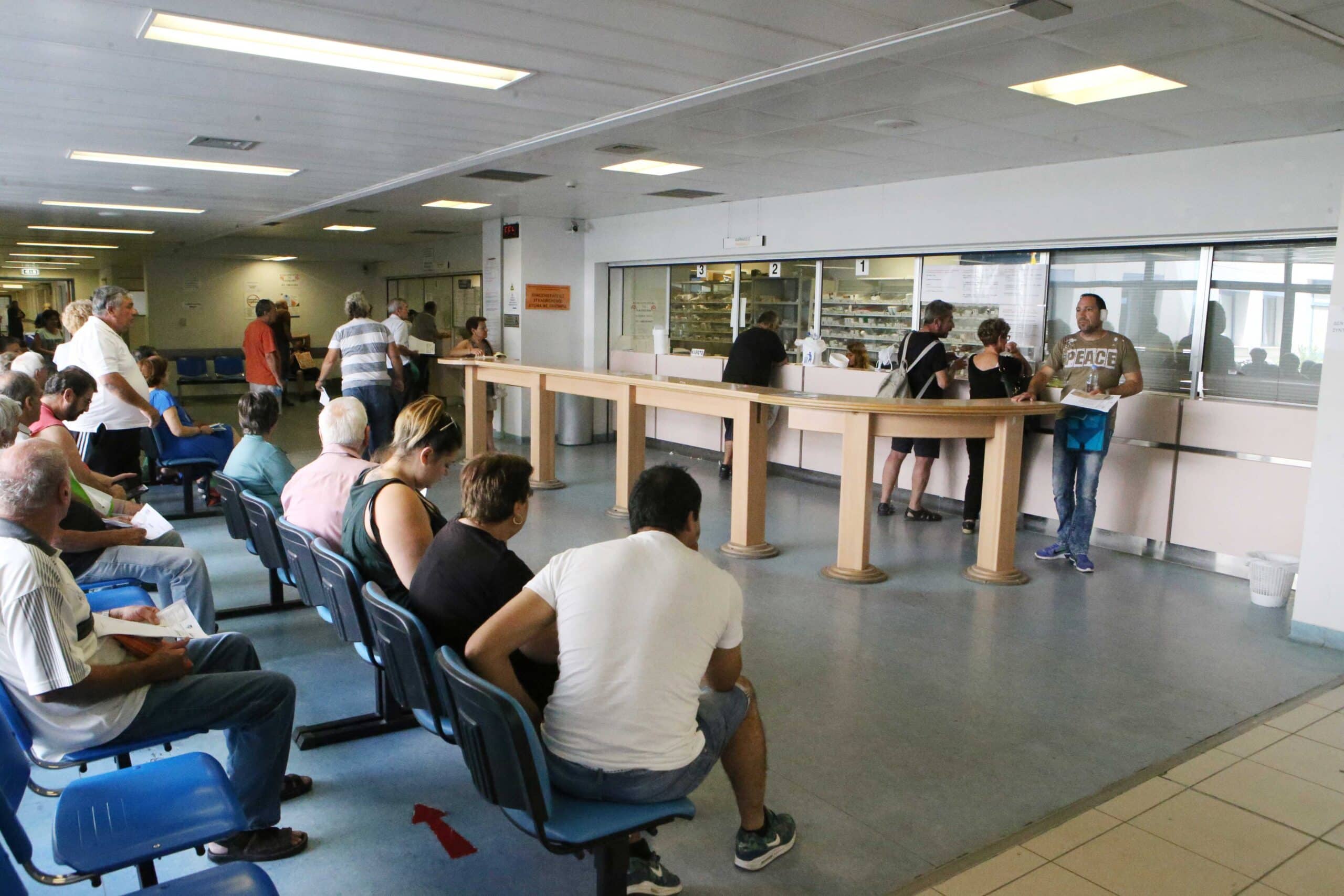Assessing Cyprus’ National Health Scheme: A Mixed Bag of Progress and Challenges
The Ministry of Health in Cyprus has released an insightful evaluation report on the country’s national health scheme, Gesy, highlighting a significant reduction in direct healthcare expenses for patients. Over the past three years, these expenses have dropped from 50% to approximately 15%, marking a substantial financial relief for beneficiaries.
The report lauds Gesy for its “significant strides” towards ensuring equal access to healthcare services, allowing patients the freedom to choose their healthcare providers. Despite this progress, the report acknowledges that certain demographics still face unequal access, and there is room for improvement.
One of the pressing concerns noted in the report is the issue of waiting times. A considerable 85% of referrals to specialist physicians are delayed, with patients waiting up to 30 days and, in some cases, six to eight months for appointments. This delay poses a significant challenge to the efficiency of the healthcare system.
Instances of private hospitals declining to admit patients with complex conditions or elderly individuals have been reported, citing economic unfeasibility under Gesy. This raises questions about the inclusivity of the healthcare system.
The report also touches on the overutilisation of services due to the provision of free services, leading to patient-driven decisions without adequate consideration of the financial implications. It suggests that a lack of proper healthcare culture and patient education is contributing to this issue, with patients often self-diagnosing and determining their required healthcare services.
Another concern is the rapid increase in clinical laboratories, blood collection centres, and diagnostic imaging facilities. The report warns that this could lead to induced demand and potentially strain the healthcare budget if not addressed.
Confusion over who is responsible for conducting medical examinations within Gesy also persists, creating inefficiencies and opportunities for exploitation by opportunistic providers.
In response to these challenges, Gesy has implemented over a million rules in its information system and conducted numerous investigations into provider behaviour. However, there is still a limited degree of control over the necessity of medical procedures within the scheme.
The report also highlights a gap in care for patients over the age of 70, particularly in post-hospitalisation care management. It notes that elderly patients often require extended hospital stays due to pressure from relatives until specialised care facilities become available.
While there is considerable debate on the quality of services provided by Gesy, drawing concrete conclusions remains difficult. The report points out that prior to Gesy’s implementation, Cyprus had two distinct healthcare systems: one public system based on income criteria and one private system for those who could afford it. This duality has led to varied experiences post-Gesy implementation, with some benefiting greatly while others are less satisfied with the shared provisions.






